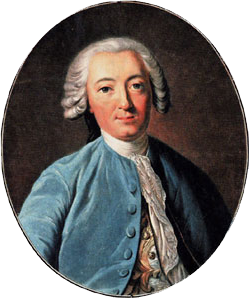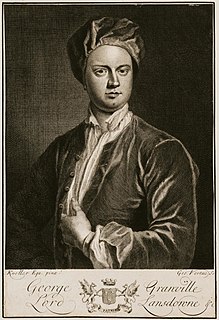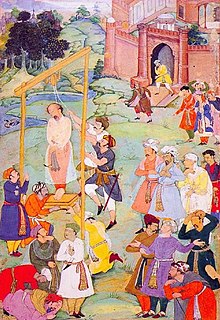A Quote by Claude Adrien Helvetius
By annihilating the desires, you annihilate the mind. Every man without passions has within him no principle of action, nor motive to act.
Related Quotes
Every one knows that the heavenly bodies move in certain paths in relation to each other with seeming consistency and regularity which we call [physical] law. ... No one attributes freewill or motive to the material world. Is the conduct of man or the other animals any more subject to whim or choice than the action of the planets? ... We know that man's every act is induced by motives that led or urged him here or there; that the sequence of cause and effect runs through the whole universe, and is nowhere more compelling than with man.
Man's mind is his basic tool of survival. Life is given to him, survival is not. His body is given to him, its sustenance is not. His mind is given to him, its content is not. To remain alive, he must act, and before he can act he must know the nature and purpose of his action. He cannot obtain his food without a knowledge of food and of the way to obtain it. He cannot dig a ditch-or build a cyclotron-without a knowledge of his aim and of the means to achieve it. To remain alive, he must think
Our passions are the chief means of self-preservation; to try to destroy them is therefore as absurd as it is useless; this would be to overcome nature, to reshape God's handiwork. If God bade man annihilate the passions he has given him, God would bid him be and not be; He would contradict himself. He has never given such a foolish commandment, there is nothing like it written on the heart of man, and what God will have a man do, He does not leave to the words of another man. He speaks Himself; His words are written in the secret heart.
Sin is one thing but instinctive reaction or passion is another. These are our reactions: pride, anger, sexual indulgence, hate, greed, and so on. The corresponding sins are the gratification of these passions: when a man acts and brings into corporeal reality those works which were suggested to him by his desires. It is impossible to exist without desires arising, but not to give way to them is by no means impossible.
Every human action gains in honor, in grace, in all true magnificence, by its regard to things that are to come. It is the far sight, the quiet and confident patience, that, above all other attributes, separate man from man, and near him to his Maker; and there is no action nor art, whose majesty we may not measure by this test.
Man's mind is his basic tool of survival. Life is given to him, survival is not. His body is given to him, its sustenance is not. His mind is given to him, its content is not. To remain alive, he must act, and before he can act he must know the nature and purpose of his action...To remain alive, he must think.





































